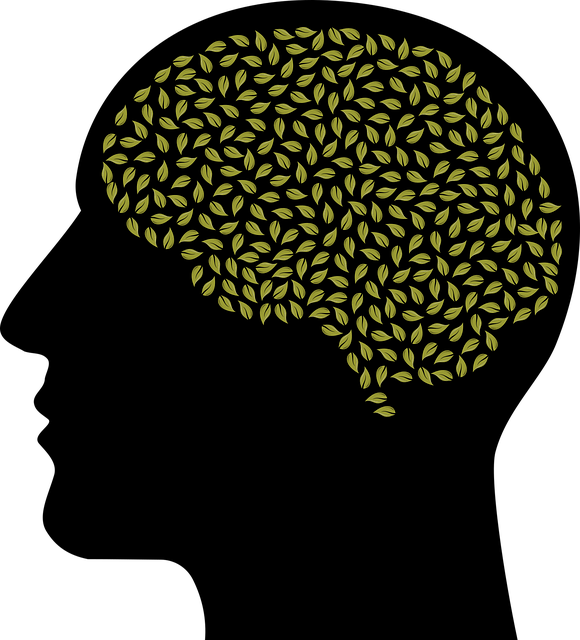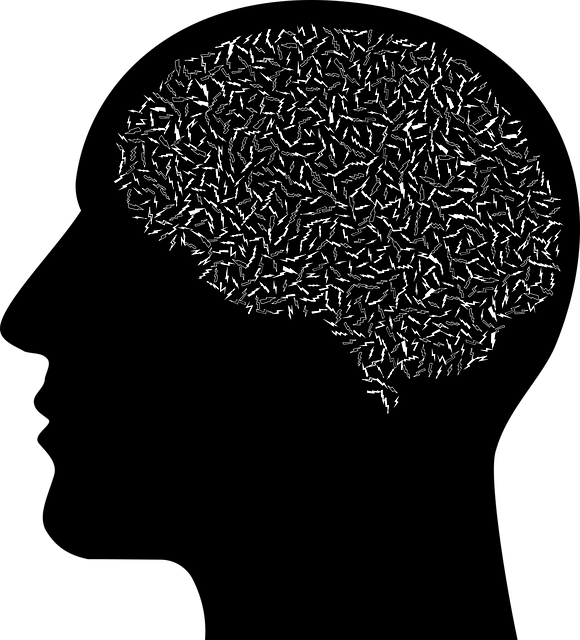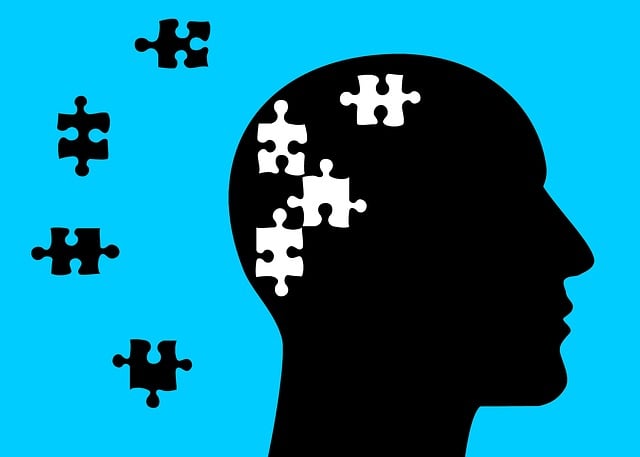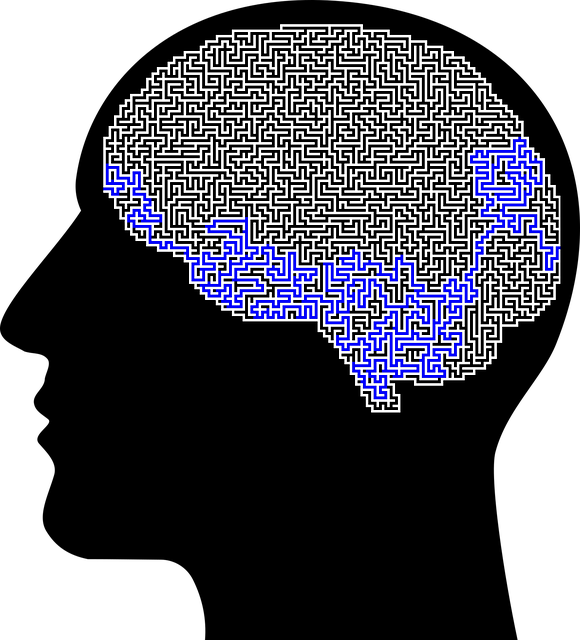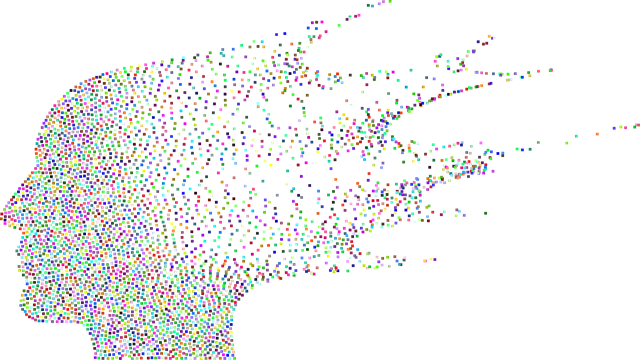Westminster Christian Counseling Therapy (WCCT) is a pioneer in mental wellness app development, addressing a growing need for accessible support. Their apps offer personalized counseling sessions, interactive tools for emotional well-being, and educational content. WCCT's unique selling point is integrating Christianity with evidence-based techniques, providing a holistic approach to mental health. With a booming global market, the future of these apps looks promising thanks to AI and VR advancements. These technologies can enable tailored therapy plans, real-time support, and improved patient outcomes.
In today’s fast-paced world, mental wellness apps are becoming essential tools for managing stress, anxiety, and overall well-being. With a growing demand for accessible and personalized therapy, this article explores the development of these innovative solutions. We delve into the critical need for such apps, highlighting their key features and functionality, especially emphasizing the role of established therapies like Westminster Christian Counseling Therapy in digital platforms. Additionally, we analyze market trends and predict future prospects.
- Understanding the Need for Mental Wellness Apps
- Key Features and Functionality in App Development
- The Role of Westminster Christian Counseling Therapy
- Market Trends and Future Prospects
Understanding the Need for Mental Wellness Apps

In today’s fast-paced world, mental wellness is a growing concern, with more individuals seeking support beyond traditional therapy settings. This shift can be attributed to the increasing acceptance and understanding of mental health issues as well as advancements in technology that enable accessible care. Westminster Christian Counseling Therapy recognizes this trend and has been at the forefront of developing innovative solutions, such as mental wellness apps, to cater to a broader audience.
These apps offer numerous benefits, including increased accessibility for those who may face barriers like stigma, cost, or time constraints. They also provide tools for self-care, support networks through online communities, and even integrate evidence-based practices like Mindfulness Meditation. Moreover, they facilitate Risk Management Planning for Mental Health Professionals by offering resources for stress reduction, resilience building, and maintaining work-life balance—all crucial aspects of ensuring therapists’ well-being.
Key Features and Functionality in App Development

In the realm of mental wellness app development, key features aim to create an engaging and therapeutic experience. One such element is personalized counseling sessions, where users can connect with licensed therapists from the comfort of their homes, mirroring the accessible nature of Westminster Christian Counseling Therapy. These sessions can be tailored to address various concerns, from burnout prevention to managing specific mental health conditions.
Additionally, incorporating interactive tools for emotional well-being promotion techniques is essential. This includes mood tracking, meditation guides, and mindfulness exercises designed to help users manage stress and anxiety. Integrating educational content through Mental Health Education Programs Design can also empower individuals to understand their mental health better, fostering self-care practices that complement traditional therapy.
The Role of Westminster Christian Counseling Therapy

Westminster Christian Counseling Therapy (WCCT) plays a pivotal role in the realm of mental wellness app development by offering unique and tailored guidance to users seeking support for their emotional well-being. This therapeutic approach combines the principles of Christianity with evidence-based counseling techniques, providing individuals with a holistic framework to enhance their mental health. Through WCCT, users gain access to professional counselors who are trained in various modalities, ensuring personalized treatment plans that cater to diverse needs.
The app incorporates features such as Mental Wellness Journaling Exercise Guidance, fostering self-reflection and awareness, while also emphasizing the development of inner strength. By combining traditional counseling with digital tools, WCCT empowers users to actively participate in their mental health journey. Moreover, it promotes Coping Skills Development, enabling folks to navigate life’s challenges with resilience and grace. This comprehensive approach ensures that users not only manage symptoms but also grow and flourish as they build lifelong coping strategies.
Market Trends and Future Prospects

The mental wellness app market is experiencing a significant surge in demand, reflecting a growing awareness and acceptance of digital therapy solutions worldwide. According to recent trends, apps that offer evidence-based interventions such as cognitive behavioral therapy (CBT), mindfulness meditation, and self-care routine development are gaining immense popularity. This shift towards digital mental healthcare is particularly evident among younger demographics, who are increasingly comfortable with technology as a means of support for their mental well-being.
Looking ahead, the future of mental wellness app development holds promising prospects, especially with advancements in artificial intelligence (AI) and virtual reality (VR) technologies. These innovations enable more personalized and interactive therapeutic experiences, bridging the gap between traditional counseling and digital accessibility. For instance, Westminster Christian Counseling Therapy can leverage AI to create tailored therapy plans, monitor progress, and provide real-time support, enhancing patient outcomes while ensuring efficient risk management planning for mental health professionals.
Mental wellness apps are gaining traction as people seek accessible tools for their emotional well-being. As market trends indicate a growing demand, the role of counseling therapies like Westminster Christian Counseling Therapy becomes invaluable in guiding app development. By integrating therapeutic practices and user-friendly interfaces, these apps have the potential to revolutionize mental healthcare, offering much-needed support and resources globally. With continuous innovation and an eye on user needs, the future of mental wellness apps looks promising.


